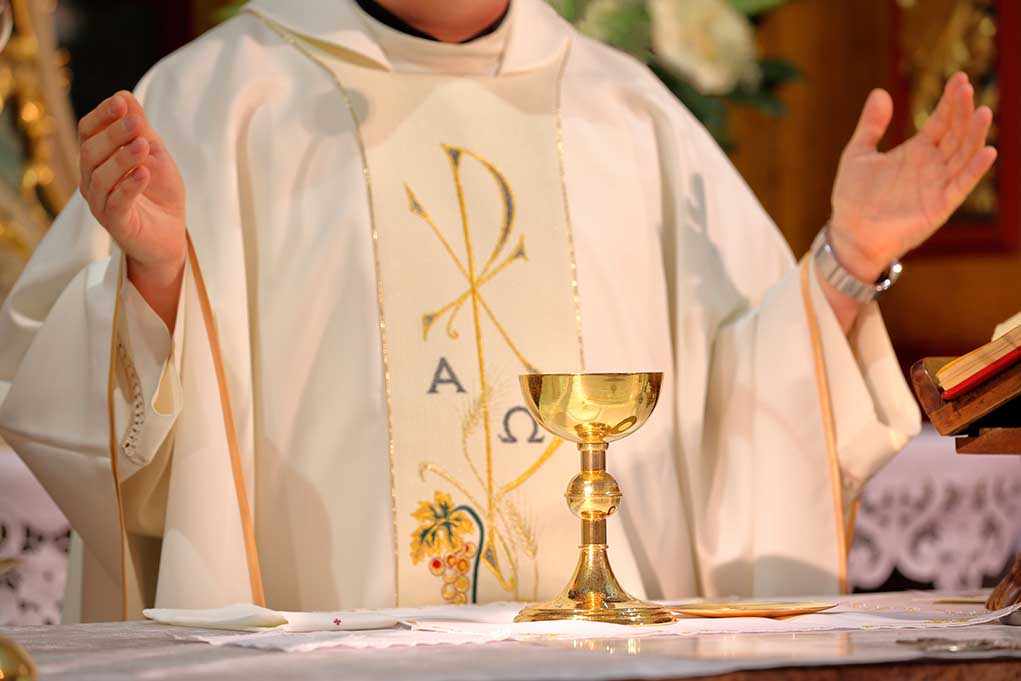
Pope Francis’ recent statements on conservatism within the Church have ignited a fiery debate about tradition and reform.
Story Snapshot
- Pope Francis’ “60 Minutes” interview stirred controversy among conservatives.
- The interview revealed a nuanced position on tradition and change in the Church.
- Conservative backlash highlights deep divisions within the Catholic community.
- Media dynamics played a significant role in shaping public perception.
Pope Francis’ “60 Minutes” Interview
Pope Francis participated in a much-discussed interview with CBS’s “60 Minutes.” The interview quickly became a lightning rod for controversy as initial media excerpts portrayed the Pope as vehemently criticizing conservative factions within the Church. He addressed criticism from some U.S. bishops regarding his approach to revisiting Church teachings and traditions. However, the full interview later revealed a more nuanced stance, where the Pope emphasized the importance of preserving divine elements while being open to letting go of what is not.
This Tweet By The Pope Has Conservatives Absolutely Fuming https://t.co/1OPO9xexB2 via @@YahooNews
— wont (@wonttorit) October 8, 2025
Pope Francis distinguished between those who rigidly cling to older practices, labeling them as “suicidal,” and those who value tradition but remain open to development. This distinction underscores his belief that true conservatism involves safeguarding God’s teachings while allowing for necessary growth. The Pope invoked the concept of doctrinal development aligned with tradition, suggesting that the Church must evolve in its approach without losing its core values.
Conservative Reaction and Media Dynamics
The backlash from conservative bishops and commentators was swift, fueled by media framing that initially suggested a more confrontational stance by the Pope. Many conservatives viewed his comments as an attack on their adherence to tradition, leading to heated debates within Catholic media outlets. This incident illustrates how selective quoting and sensationalist media narratives can distort complex theological discussions into seemingly partisan conflicts, further polarizing the Catholic community.
The controversy also spotlighted a significant transatlantic divide within the Church. U.S. Catholic conservatives, who often align with right-wing political movements, expressed skepticism towards the Vatican’s leadership under Pope Francis. This division reflects broader cultural and political tensions, with American conservatives wary of the Pope’s pastoral approach that emphasizes inclusivity and dialogue.
Historical Context and Tensions
The Catholic Church has long grappled with balancing tradition and reform. From early Church councils to the transformative Second Vatican Council, the Church has sought to engage with the modern world while preserving its core doctrine. Pope Francis’ papacy marks a continuation of this journey, aiming to make the Church more inclusive and responsive to contemporary challenges. This approach, however, often clashes with traditionalist elements within the Church, especially in the U.S. and Europe.
Previous events have set the stage for the current controversy. The Synods on the Family and the apostolic exhortation “Amoris Laetitia” highlighted divisions over issues like communion for divorced Catholics. “Traditionis Custodes,” which imposed restrictions on the Traditional Latin Mass, was perceived by many traditionalists as a rebuke, further deepening the rift.
Current Developments and Future Implications
As of October 2025, tensions remain high, with no new major papal statements addressing the “60 Minutes” controversy directly. The debate continues to simmer in Catholic media, reflecting an ongoing struggle over the Church’s direction. While some fear deeper divisions, others see potential for a renewed emphasis on dialogue and doctrinal development as defining characteristics of the Church’s identity.
The implications of this controversy are multifaceted. In the short term, increased polarization is likely, especially in the U.S., where Catholicism intersects with political identity. In the long term, the Church faces a choice: succumb to division or foster dialogue that embraces both tradition and necessary reform. As the Catholic community navigates these challenges, the “60 Minutes” interview remains a pivotal reference in discussions about Pope Francis’ leadership and the future of Catholicism.

